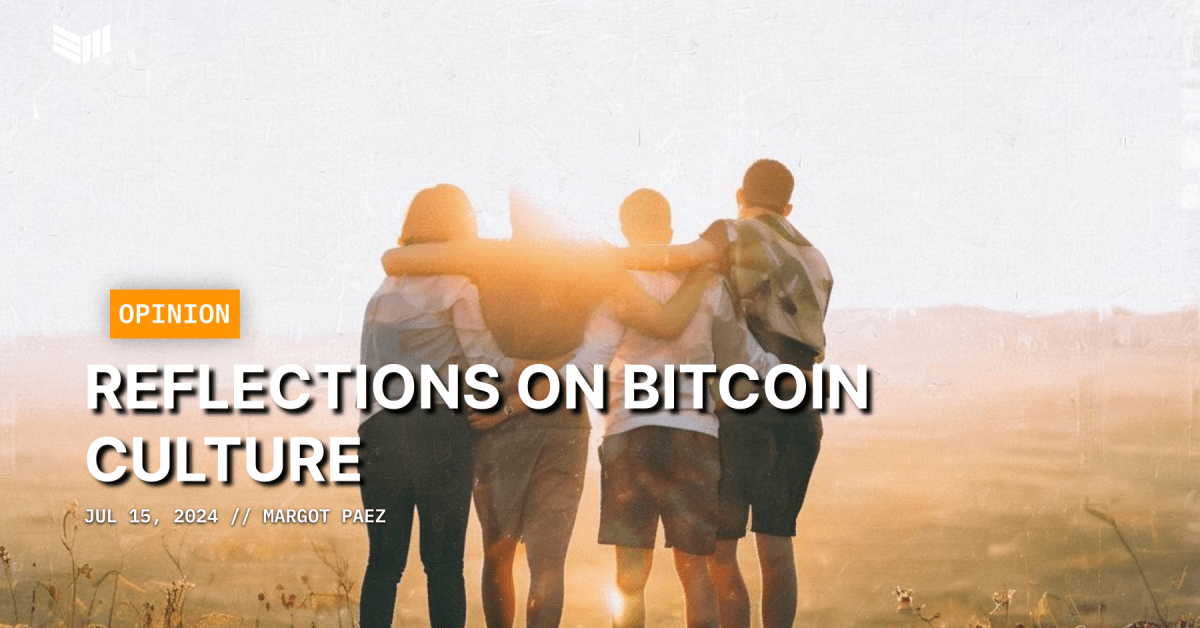Summary:
Bitcoin culture is plagued by propaganda and bigoted ideas disguised as independent thought.
Toxic influencers focus on superficial appearances and simple narratives, offering no real solutions.
The author criticizes the normalization of attacks against trans and queer individuals and abusive behavior towards women.
Bitcoin is for anyone who needs it and should not be used to justify harmful ideologies.
Bitcoin is apolitical and needs users who are critical and accepting of each other to truly succeed.
Bitcoin Culture: A Toxic Mix of Propaganda, Bigotry, and False Promises
The author, Margot Paez, draws parallels between the current Bitcoin culture and the writings of Noam Chomsky on consent and conformity, arguing that the space is plagued by propaganda, bigoted ideas, and toxic influencers.
Paez criticizes the “cultural reproductive machine” surrounding Bitcoin, highlighting:
- Normalization of bigotry: Attacks on trans and queer individuals are prevalent, and abusive behavior towards women is tolerated.
- Influencers as salesmen: Many popular figures focus on superficial appearances and simplistic narratives, offering no real solutions or escape from the existing system.
- Spread of narrow-minded ideas: The author observes a rise in ignorant and bigoted views within the Bitcoin community, often disguised as independent thought.
She emphasizes that:
- Bitcoin is for anyone: Newcomers don't have to conform to mainstream ideas or accept harmful ideologies.
- Bitcoin is apolitical: It doesn't need political parties or states, only users and understanding.
- We must be critical: We should be skeptical of political promises and organize against harmful forces, while accepting and supporting each other.
Paez's article is a call to action, urging readers to question the narratives surrounding Bitcoin and reject harmful ideologies. She reminds us that the power of Bitcoin lies in its potential to create a more inclusive and just society, not a space for bigotry and toxic influence.








Comments